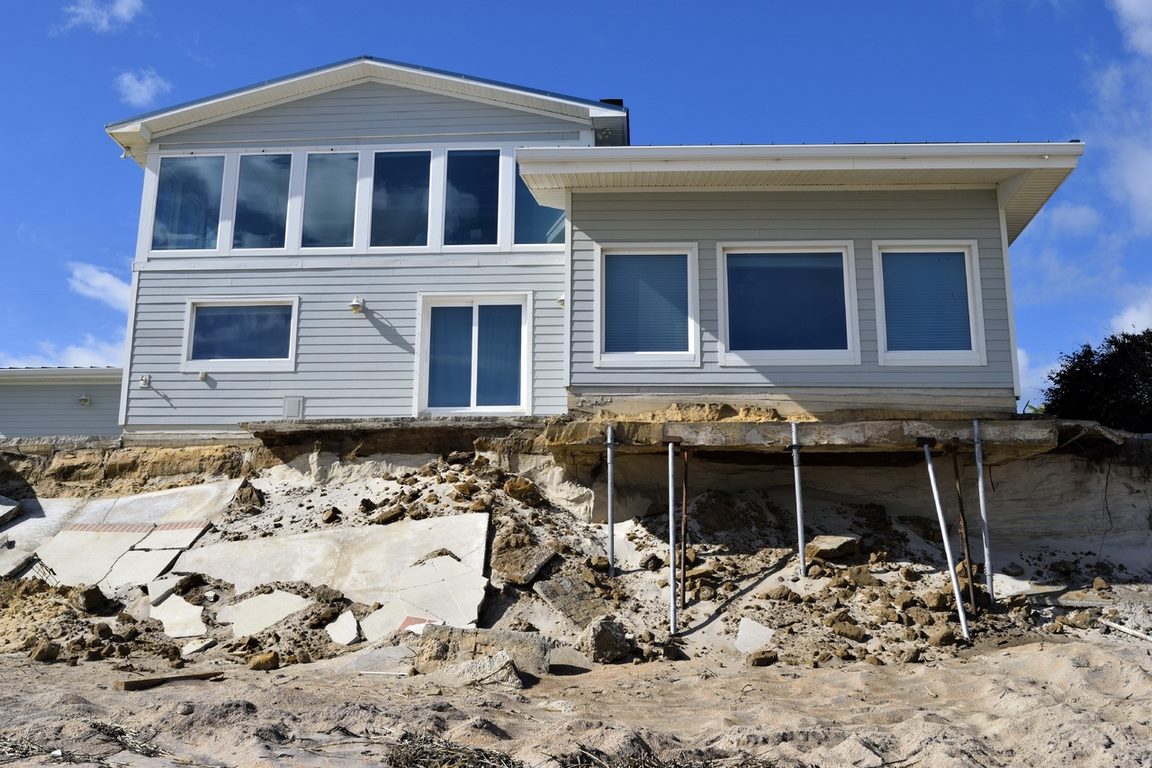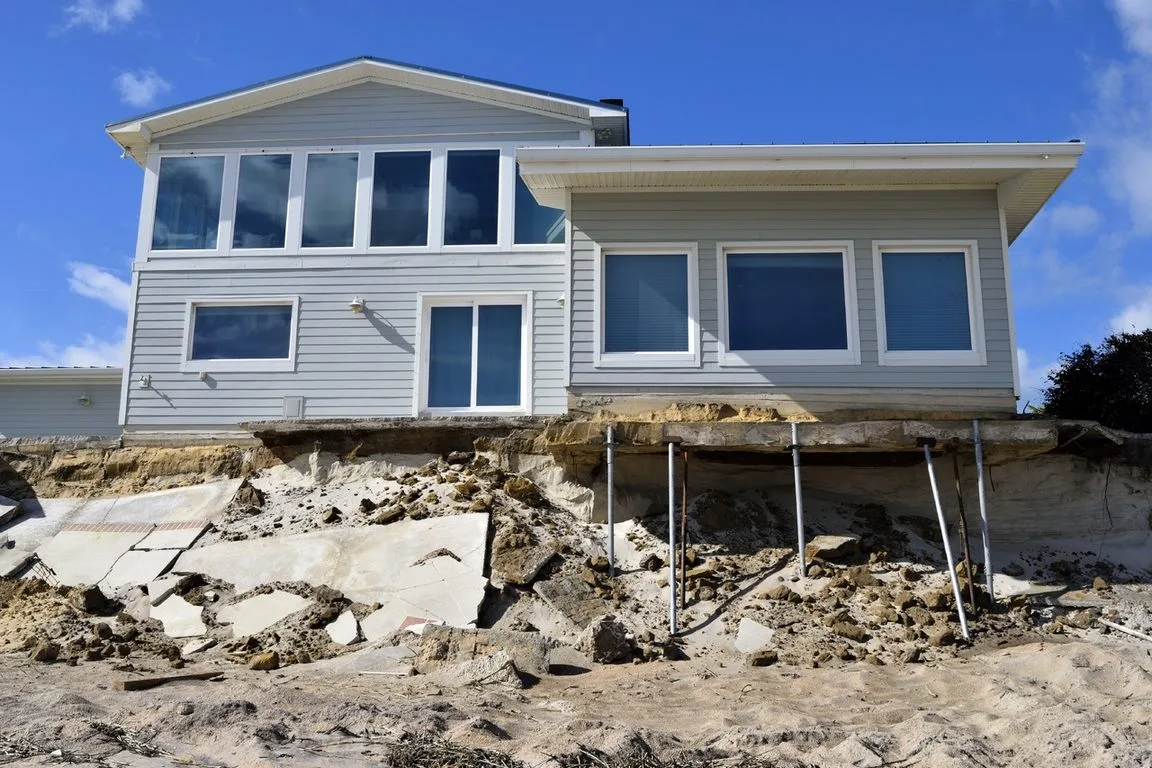Property owners living along and near the coast such as in Florida know what risks their homes face in the event of hurricanes.

In such times, they have to look to their insurance to provide the financial assistance required to cover the property damage they incur after a hurricane storm.
However, a home can suffer different forms of damage during a hurricane. While some are inevitable and unexpected, some kinds of damage can be prevented or reduced by taking certain measures, especially when you live in a hurricane-prone area like Florida.
5 common Property Damages Caused by Hurricanes
1. Roof Damage
The most common property damage caused by hurricanes is roof damage, which is also the most obvious. Roofs are expensive, but tumultuous winds easily throw them off. However, not all hurricanes are powerful enough to tear off a roof.
Typically, category 3 and 4 hurricanes have enough force to tear off the strongest roofs. The age and condition of the roof will likely determine whether you’ll receive compensation and how much. For new roofs, you may get the full cost of replacement.
2. Structural and Foundational Damage
Powerful hurricanes can cause tears in the foundation of your structure or the land surrounding your home.
Even though your structure doesn’t incur any visible damage, such a structural defect is life-threatening as collapse may occur. In that case, the home becomes uninhabitable.
3. Interior Damage
It’s common for doors and windows to be torn off by powerful winds during a storm. When that happens, it creates an avenue for heavy rains and wind to enter your home and cause further destruction. Your belongings and important documents will likely be affected.
It’s also common for walls and floors to be severely impacted by water damage when roofs, windows, and doors get torn off. Note that most homeowners’ policies have limitations when it comes to water damage.
4. Utility Damage
There is utility damage when power lines, phone lines, and water systems suffer destruction during a hurricane. Utility damage is very common after hurricanes, even for category one (minor) storms. Luckily, you can file an insurance claim when a storm destroys your utilities.
5. Equipment Damage
Your water heating systems, HVAC, generators, pools, and other home equipment may suffer damage after a storm. Your homeowner’s insurance will likely cover such damages unless otherwise stated.
Read Also:
What to do When a Hurricane Damages Your Property
Homeowners insurance covers most types of hurricane property damage, including roof and structural damage as well as water damage via a broken roof or window. However, it does not cover water damage from flooding.
You should file a claim with your insurance company within 180 days after a hurricane event. You may have to make some temporary fixes to prevent further damage even before calling your insurer. Ensure you take down proper documentation (photos) of the damage before taking any steps.
It’s noteworthy that even while insurance companies arm up to protect you in the day of trouble, they desperately pray for accidents not to happen. If they do happen, it’s a loss for them.
They try to cut their losses by underpaying you. For that reason, having a hurricane insurance claims lawyer is advised as they can negotiate on your behalf to obtain maximum compensation. It’s also crucial to estimate the total repair cost by calling contractors to assess the damage.
Ways to Reduce Hurricane Damage to Your Property
If you live in a hurricane-prone city, here are tips to help reduce the effects of storms on your home:
- Protect your roof by ensuring it complies with local building codes. For example, it’s mandatory to use six nails per shingle instead of four in wind-prone areas.
- Install hurricane clips to strengthen your roof against winds up to 100 mph. A roofing company can help you do this.
- Trim large trees around your home because they can cause damage when felled by a strong storm.
- Use impact-resistant windows and patio doors rather than the regular options. You can also add an impact-resistant shutter over windows and doors. Hollow metal doors and solid wood doors are best for wind resistance.
- If there’s news of an impending hurricane, nail plywood against your window frames as a last-ditch attempt to protect your home.
- Consider installing heavy-duty hinges on your garage doors. In addition, add vertical bracing to each panel as reinforcement.
Whether you’re new in some hurricane-prone city or looking to protect yourself against the next storm, you are equipped for that now that you know the likely risks you face and what you can do.










